Introduction
Maintaining optimal gut health is crucial for overall well-being. A healthy gut not only aids in digestion but also plays a significant role in supporting the immune system and absorbing essential nutrients.
One key factor in achieving a healthy gut is ensuring an adequate intake of vitamins. Optimal intake of vitamins for gut health is essential. Vitamins work synergistically to promote gut health and maintain its integrity.
In this article, we will explore the essential vitamins for gut health that contribute to optimal gut health and discuss their roles, natural sources, and potential supplements.
Best vitamins for Gut Health
Vitamin D
Vitamin D, often referred to as the “sunshine vitamin,” is not only essential for bone health but also plays a vital role in maintaining a healthy gut.
This vitamin is crucial for supporting the immune system within the gut, which helps protect against harmful pathogens and promotes overall gut health. While sunlight exposure is the primary source of Vitamin D, certain foods such as fatty fish, fortified dairy products, and eggs can provide a dietary supply.
In situations where natural sources are limited, supplements can be considered under the guidance of a healthcare professional.
PS. You want to know if you’re vitamin D deficient? I highly recommend this Ebook. Give it a try and let me know of it was helpful.
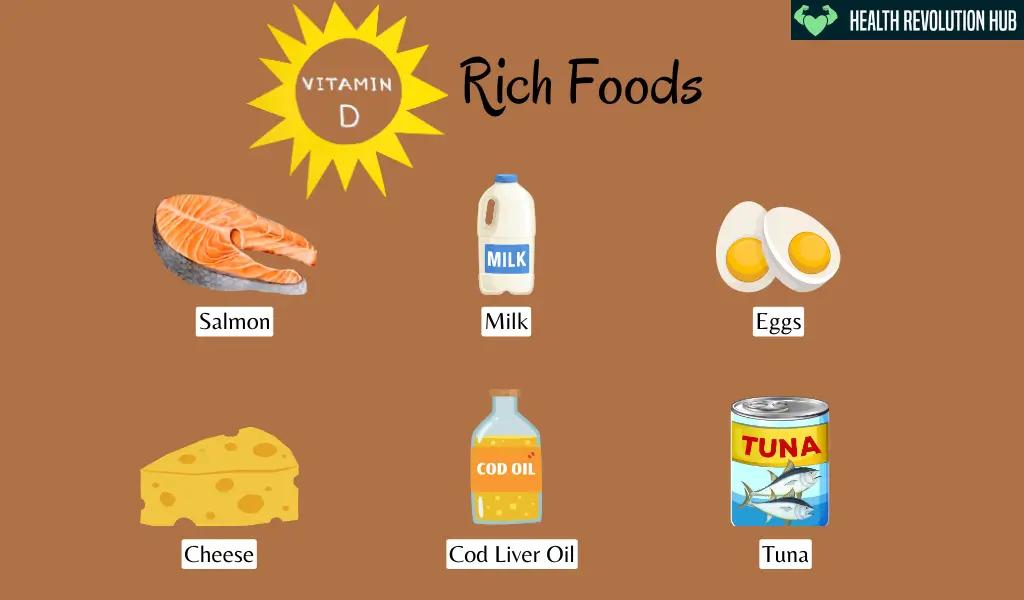
Vitamin B Complex
The B vitamins, including B1 (thiamine), B2 (riboflavin), B3 (niacin), B5 (pantothenic acid), B6 (pyridoxine), B7 (biotin), B9 (folate), and B12 (cobalamin), are an integral part of maintaining a healthy gut.
They play a significant role in supporting digestion and nutrient absorption.
B vitamins assist in breaking down carbohydrates, proteins, and fats, allowing the body to use them efficiently for energy production.
Foods such as whole grains, legumes, nuts, seeds, and leafy greens are excellent sources of B vitamins that can be incorporated into a balanced diet.
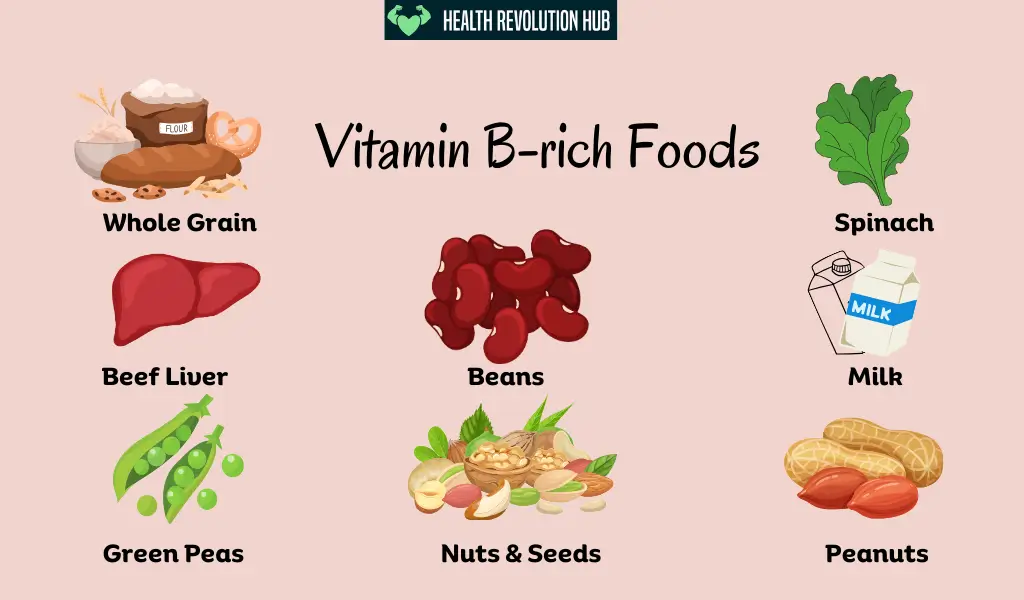
Vitamin C
Renowned for its immune-boosting properties, Vitamin C also contributes to a healthy gut.
This essential vitamin plays a crucial role in promoting a healthy gut lining by supporting the production of collagen, a protein that helps maintain intestinal integrity.
Consuming foods rich in Vitamin C, such as citrus fruits, berries, kiwi, peppers, and leafy greens, can help ensure an adequate intake of this vitamin.
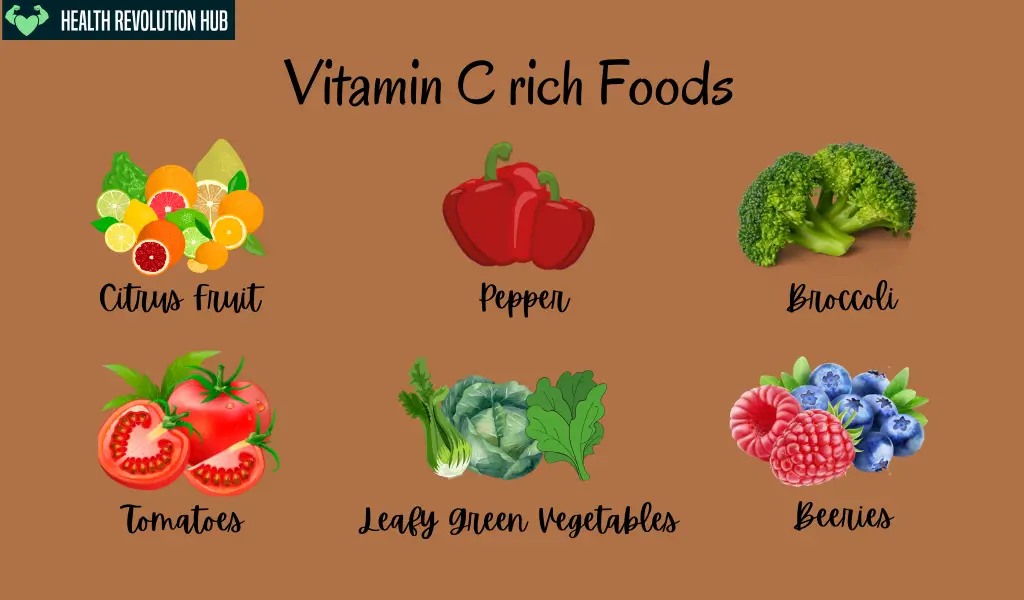
Vitamin A
Vitamin A is vital for maintaining gut integrity and supporting overall digestive health.
It aids in mucus production along the digestive tract, providing a protective barrier against harmful substances and preventing the development of certain digestive disorders.
Foods such as sweet potatoes, carrots, leafy greens, eggs, and liver are excellent dietary sources of Vitamin A that can contribute to gut health when included in a balanced diet.
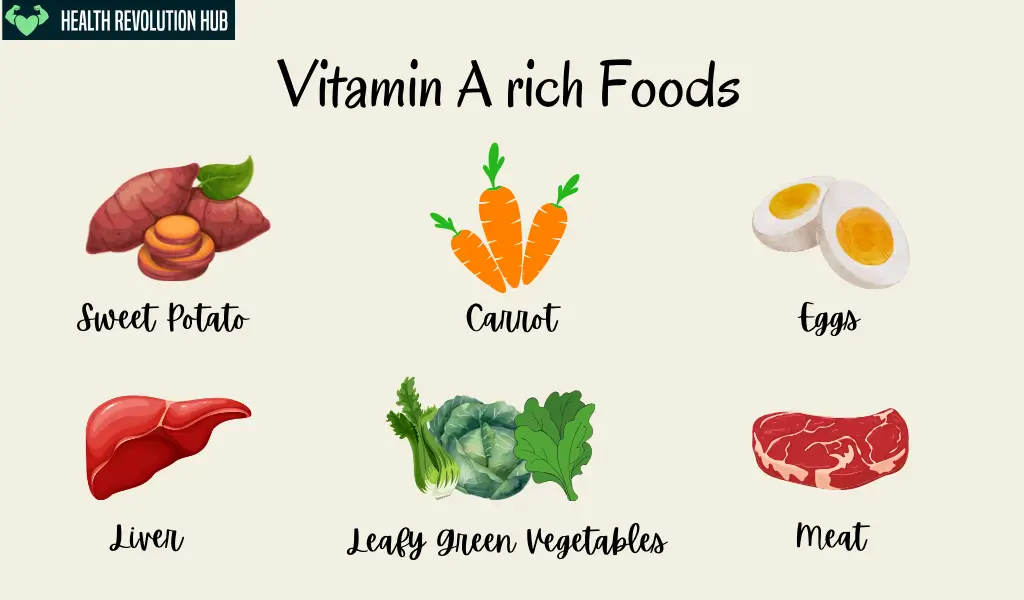
Vitamin K
Vitamin K, primarily known for its role in blood clotting, also plays a significant role in gut health.
This vitamin helps maintain a balanced gut microbiota by supporting beneficial bacteria growth and inhibiting the growth of harmful bacteria.
Green leafy vegetables, fermented foods like sauerkraut, and certain animal-based products are rich sources of Vitamin K that can be included in the diet to promote gut health.
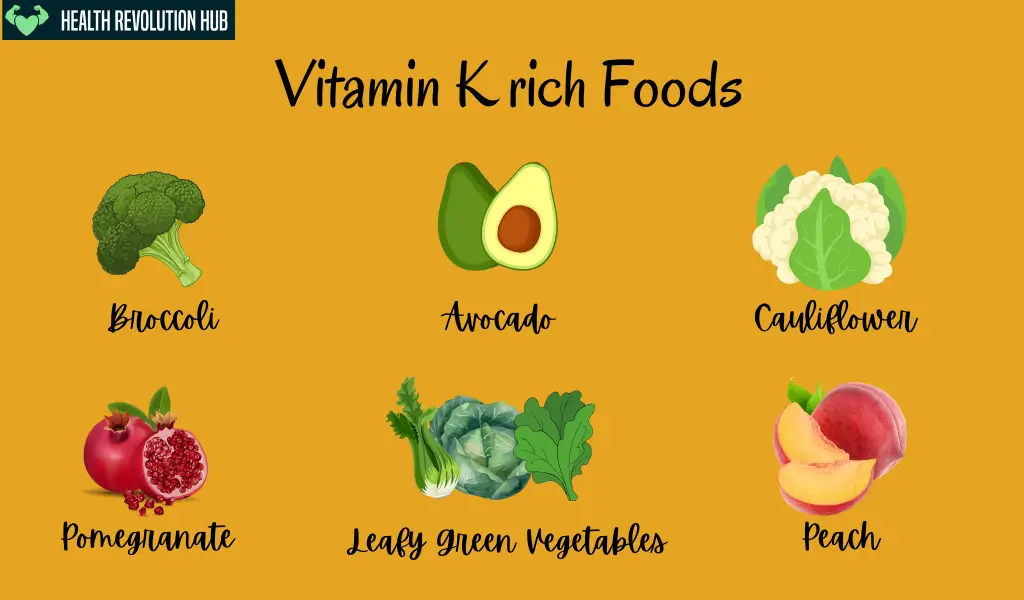
Probiotics and Prebiotics
While not vitamins themselves, probiotics and prebiotics are essential for maintaining a healthy gut microbiome.
Probiotics are live bacteria and yeasts that provide numerous health benefits when consumed.
They help support the growth of beneficial bacteria and restore microbial balance in the gut.
Fermented foods like yogurt, kimchi, and kombucha are natural sources of probiotics.
Some probiotic supplement also provide good support to maintain the health of your gut. This supplement is 100% natural and unique ingredients that are clinically proven to support a healthy gut and glowing skin and clockwork digestion
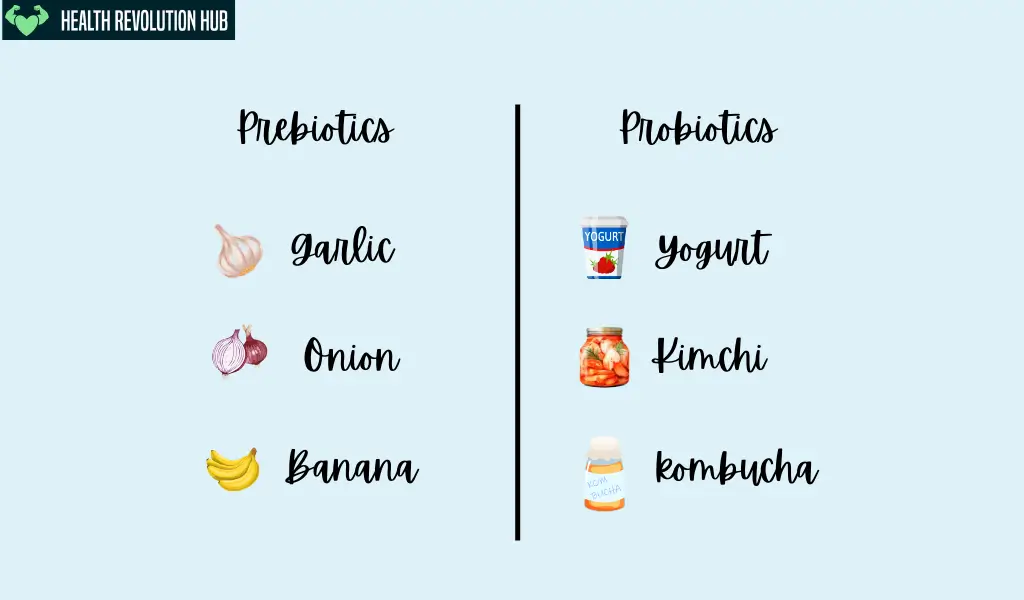
On the other hand, prebiotics are dietary fibers that serve as food for the beneficial bacteria in the gut.
Foods such as garlic, onions, bananas, and oats are excellent sources of prebiotics that can nourish the gut microbiome.
Conclusion
In conclusion, ensuring an optimal intake of vitamins for gut health is essential. Vitamin D, B complex, C, A, and K, along with the inclusion of probiotics and prebiotics, contribute to the overall health and functioning of the gut.
Incorporating a variety of natural food sources rich in these vitamins into a balanced diet is key. However, it is always recommended to consult with a healthcare professional before making any significant dietary changes or considering supplements. Remember, a healthy gut plays a vital role in your overall well-being, so prioritize its care.
Related Topic Vitamin B12 Deficiency








